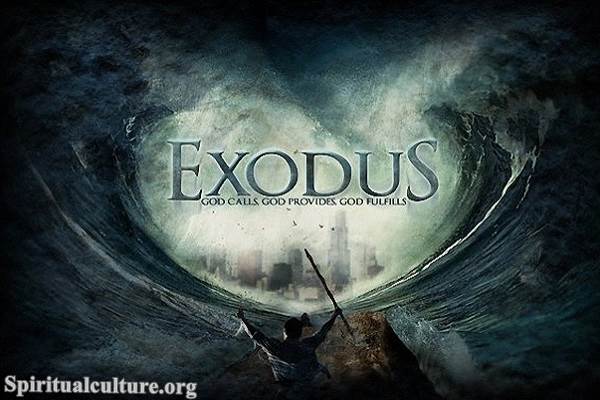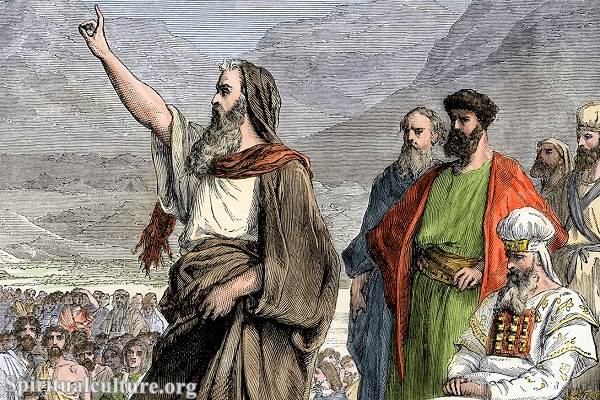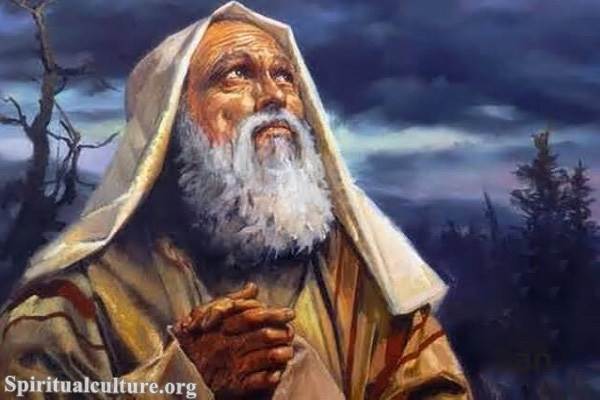The Book of Exodus, the second book in the Torah and the Old Testament, is a pivotal text in Judaism. It recounts the story of the Israelites’ liberation from slavery in Egypt and their journey through the wilderness towards the Promised Land. The narrative includes some of the most iconic events and characters in biblical literature, including Moses, the Ten Commandments, and the parting of the Red Sea. Today, we delve deeper into the Book of Exodus and its significance within Judaism.
The Book of Exodus: An Overview
At its core, the Book of Exodus is a narrative about freedom and faith. It recounts the Israelites’ enslavement in Egypt, their liberation under the leadership of Moses, and their subsequent journey towards the Promised Land. This book is also where God gives Moses the Ten Commandments, a set of laws that continue to be fundamental in Judaism and other Abrahamic religions.

Judaism and the Book of Exodus
The Book of Exodus holds a prominent position within Judaism. Its stories and teachings are not just vital parts of Jewish history and theology, but they also play a crucial role in Jewish practice and tradition.
The Exodus Narrative
The narrative of the Exodus is central to Jewish identity. The tale of the Israelites’ liberation from Egyptian slavery is a reminder of the Jewish people’s historical struggle for freedom and their unique relationship with God. This story is retold every year during Passover, one of the most important holidays in Judaism. During the Passover Seder, Jewish families read from the Haggadah, a book that recounts the Exodus story, reminding them of their ancestors’ hardships and their eventual liberation.
The Giving of the Law
The Book of Exodus also recounts the giving of the Law, another pivotal event in Jewish history. On Mount Sinai, God gives Moses the Ten Commandments, which form the moral and ethical foundation of Judaism. These laws govern a wide range of areas, including worship, interpersonal relationships, and societal justice. They provide a divine moral compass for the Jewish people, guiding their behavior and actions.
The Tabernacle and Worship
The later chapters of the Book of Exodus detail the construction of the Tabernacle, a portable sanctuary where the Israelites worshiped God during their journey in the wilderness. This description sets the blueprint for Jewish worship, and the principles laid out in these chapters continue to influence synagogue architecture and ritual practice.
Conclusion
In conclusion, the Book of Exodus is more than just a historical narrative for Judaism. It is a foundational text that shapes Jewish identity, moral values, and religious practice. The stories it tells – of liberation, divine law, and sacred worship – resonate deeply with Jewish people, reminding them of their historical journey and their unique covenant with God.
Whether you’re Jewish or not, reading the Book of Exodus can offer valuable insights into the human condition – the struggle for freedom, the quest for moral guidance, and the human longing for a relationship with the divine. It is a testament to the enduring power of faith and the human spirit’s resilience in the face of adversity.



